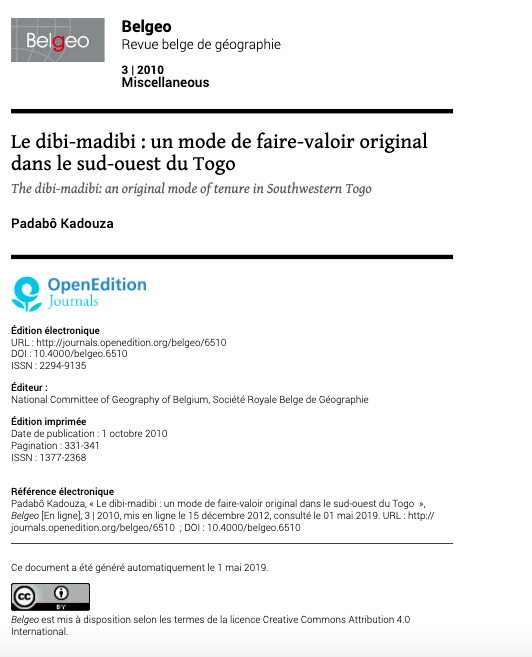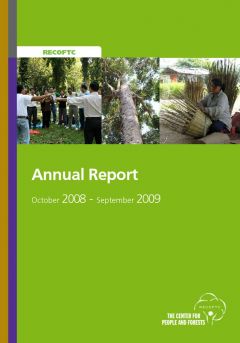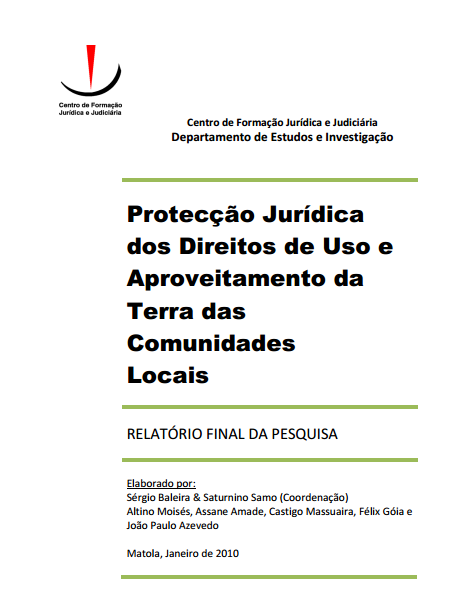Land ownership, administration & status of forests of Khasi Hills Autonomous District Council of Meghalaya
The article published in NeBIO-An International Journal of Environment and Biodiversity highlights the complicated classifications of land ownership in Khasi Hills viz., private land, group or clan land, community land and government land.








